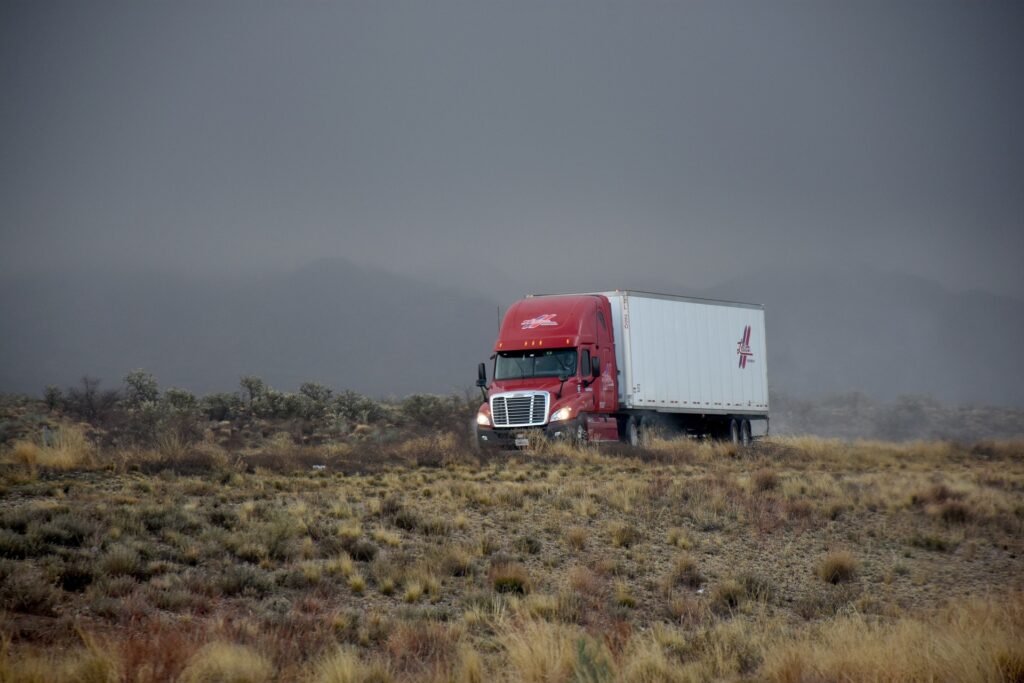Course Description:
Judges across all dockets may encounter trafficking-related cases without recognizing them as such. These cases can appear under the guise of routine traffic violations, civil disputes, or low-level criminal charges, yet they may involve key indicators of exploitation and coercion.
This webcast provides judges with the knowledge to identify and respond to trafficking within the context of commercial transportation. It explores federal and state laws, highlights real-world scenarios, and offers practical guidance for spotting red flags, addressing misconceptions, and supporting victims through informed judicial action.
Understanding the intersection of human trafficking and CMVs is not optional—it is essential. Judicial awareness and leadership play a critical role in disrupting exploitation and advancing justice in every courtroom.
Course Objectives:
After this course, participants will be able to:
• Identify and define the forms and prevalence of human trafficking;
• Develop techniques to respond to human trafficking cases; and
• Understand the unique laws governing CDL holders facing trafficking charges.


